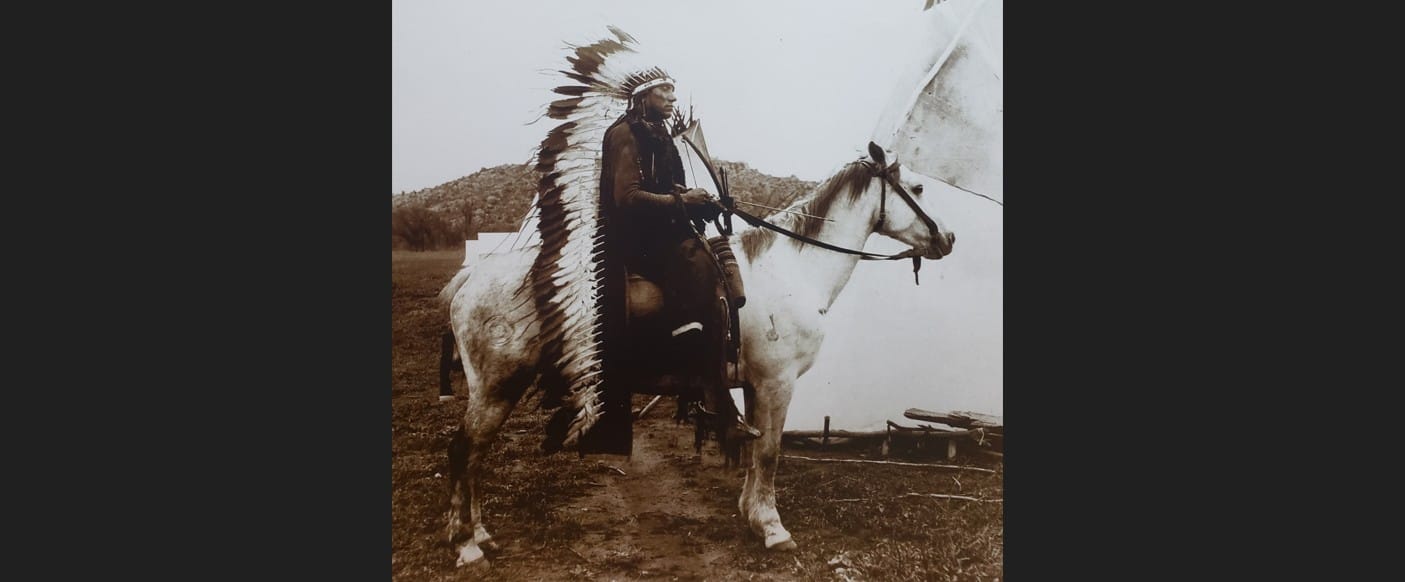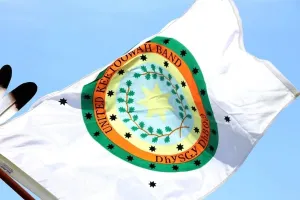"If you're Catholic, you don't need a Congressional Act to pray. If you're Jewish or if you go to a temple or if you're Muslim, you don't need a congressional act because your religion is not prescribed, but theirs was."
This striking observation cuts to the heart of a painful reality: Native Americans had to fight for a Congressional act just to practice their religion legally. From the tragic Wounded Knee Massacre of 1890—where hundreds of Lakota men, women, and children were killed for practicing the Ghost Dance—to today's battles over sacred sites like Oak Flat in Arizona, the struggle for Native religious freedom continues.
In this compelling three-part series, Native ChocTalk host Rachael Youngman sits down with Professor Richard W. Garnett, Choctaw, from Notre Dame Law School to explore these complex legal and spiritual battles. Professor Garnett, who clerked for Chief Justice William Rehnquist and is a leading authority on religious freedom law, brings both legal expertise and lived experience as a descendant of Choctaw citizens who received allotments in Oklahoma.
The conversation reveals how Native American religious practices have long been misunderstood by courts and lawmakers. While mainstream religions focus on individual belief and can be practiced anywhere, many Indigenous traditions are inseparable from specific sacred lands and center on community and "peoplehood"—creating ongoing legal conflicts when those spaces are on government property.
Part 1 explores the historical context from Wounded Knee to the 1978 American Indian Religious Freedom Act, examining how courts struggled to understand that for many Native peoples, religion isn't just about belief but about connections to place, land, and community.
Part 2 delves into the legal complexities, from the landmark Smith case involving peyote use by the Native American Church to the Religious Freedom Restoration Act that followed. Professor Garnett explains how tribal governments uniquely have religious freedoms not bound by the establishment clause, and why land use remains the most challenging issue in religious freedom law.
Part 3 examines current battles like Oak Flat, where Notre Dame's Religious Liberty Clinic filed briefs supporting Apache Stronghold's fight against a proposed copper mine that would destroy sacred ceremonial grounds. The series concludes with reflections on how tribal sovereignty works within the broader American legal framework and Professor Garnett's own family history tracing back to his ancestor Marmaduke Moran, who received a Choctaw allotment.
As Rachael reflects in her closing, despite every attempt to erase their ways of life, Native people have held fast to their traditions. Their resilience isn't just history—it's a living testament to communities who continue protecting what was meant to be silenced.
Part 1 - Ghost Dances & Court Battles: Native Religion & the Law
Season 9, Episode 2, Part 1
Part 2 - Ghost Dances & Court Battles: Native Religion & the Law
Season 9, Episode 2, Part 2
Part 3 - Ghost Dances & Court Battles: Native Religion & the Law
Season 9, Episode 2, Part 3
Native ChocTalk continues to bring vital conversations about Native American history, culture, and contemporary issues to audiences everywhere. Created by Rachael Youngman, the podcast serves as an essential platform for preserving ancestral stories while addressing modern challenges. Learn more at nativechoctalk.com.







